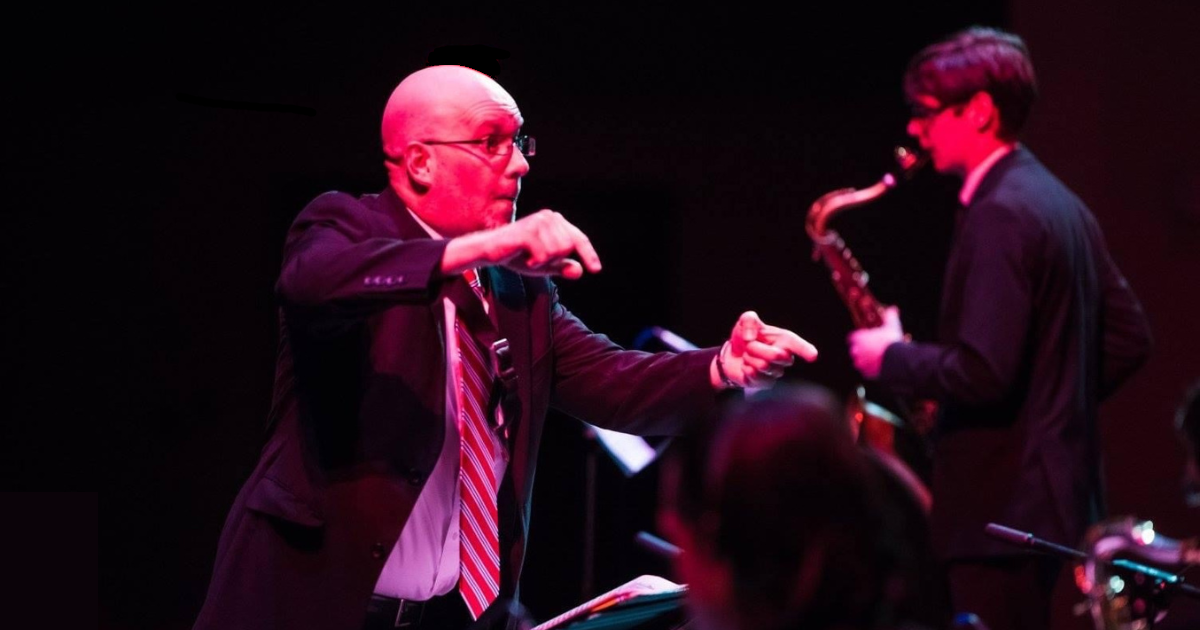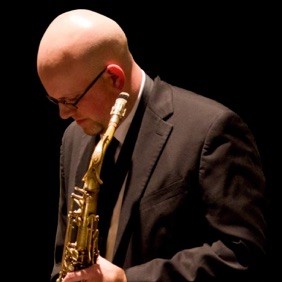
Speaking with a Jazz “Accent”
Written by Dr. Patrick Brown, JazzArts Charlotte Education Director
November 2022 — During next week’s annual North Carolina Music Educators Association Conference (NCMEA), JazzArts Charlotte Education Director Dr. Patrick Brown will be presenting a universal method for teaching jazz articulation to help the student execute an authentic swing feel.
The NCMEA Conference is a three-day gathering of music educators and students across the state providing clinics, workshops, performances, and engagement opportunities. JazzArts Charlotte has the opportunity to attend, exhibit, and present.
His clinic presentation, entitled “Ta! Da! Teaching Jazz Articulation Through Vocalization,” is intended for educators who direct small and large group jazz ensembles at the middle school, high school, and collegiate levels. While beneficial for all educators, the presentation is especially catered to educators who do not have a background or formal training in jazz.
Below, Patrick takes a step back and offers a “big picture” look for us.
If you have ever traveled away from your home “region” (ex. South, Midwest, etc.) you quickly learn that people of various regions of the United States have different “accents.” Here in the Southeast, we are known for our “drawl” (which was pointed out many times during my years living in the Midwest). Jazz, because of its inherent nature of being compared to a language, has its own, distinct, “accent.” This jazz “accent” is achieved through various elements, but one of the most important elements is articulation, or the way you play a specific note. In jazz performance, we use syllables such as “Ta,” “Doo,” and “Daht” which create different lengths and sounds to a specific note. By using these articulations, it validates the performer and lets the listener (and other musicians) know that the performer is appropriately “speaking the language,” therefore, has the correct “accent.”
There are specific syllables or “vocalizations” assigned to common jazz rhythms and articulations, which the student learns and incorporates, leading to a unified understanding and an authentic swing feel. My clinic will help band directors better understand jazz articulations so that they may pass these interpretations down to their students, leading to better performances! I am excited to present these concepts to fellow educators throughout the state and I especially look forward to meeting more members of the North Carolina music education community.
At JazzArts Charlotte, we believe in the power of music and its ability to transform lives. Our core values include the following: Respect, Hard Work, Fun, Community, Trust, and Responsibility.
We hope you will join us or find a way to participate in our mission to prepare our next generation.
Please visit our Education page for more information.
